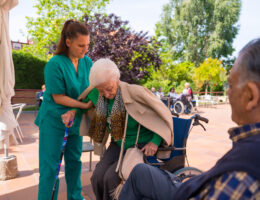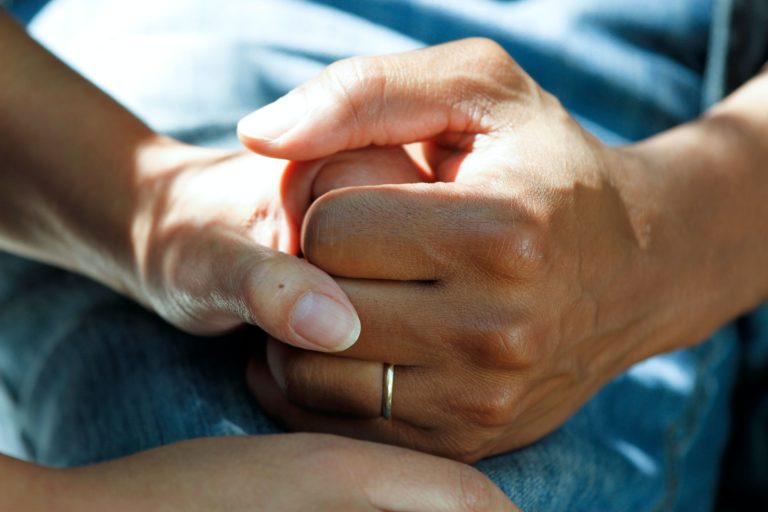Cancer is an equal opportunity disease. In 2020 alone there were 1.8 million new cases of cancer in the United States. A diagnosis of cancer can be emotionally debilitating, both for the patient and caregiver. Cancer patients need all the support they can get, especially if they’re to defeat their disease. If a loved one has been recently been diagnosed with cancer, then you may be wondering how best to support them. Here are a few tips on what you can do to provide the best assistance to your loved one during this difficult time.
Do your research.

The easiest way you can be a support for your loved one is to do your research. Start by asking what details, if any, your loved one is willing to share about their diagnosis. Then, find out all you can about the kind of cancer your friend or loved one has been diagnosed with. Research specialists in your area. Investigate if there are any clinical trials for experimental medications. The easiest way to start your research is to simply search within your area. For example, you can search for “cancer treatment in Freehold, NJ” to find specialists, treatment centers, treatment options, and more in your specific town or region.
Be a resource.

If your loved one is open to it, offer to take them to their appointments. Chemotherapy (and cancer treatment in general) can be quite the ordeal. Letting them know that you’re available to help them through their treatment will help them feel a little less alone in this experience. In addition to shuttling them to and from chemotherapy appointments, act as a resource by simply being available. Your loved ones will undoubtedly need your support as they go through their treatment plan. Whether that means lending an ear when they need to vent or dropping off dinner when they’re too tired to cook, your compassion and assistance will mitigate the stress associated with their diagnosis.
Build your own lifeboat.

While cancer can cause patients to experience anxiety and depression, it can also impact the emotional and mental health of their loved ones. Before you can be a good resource to your loved one, you have to make sure your own lifeboat is secure. In other words, make sure that you have coping strategies in place before you offer to provide emotional support to your loved one. The best way to do this is to start seeing a therapist.
The right therapist for this situation will have experience dealing with grief and mood disorders. If this is your first time going through cognitive behavior therapy or meeting with a clinical psychologist, simply think of your future clinician as a partner in managing your mental well-being. When you begin the search for your therapist, simply search for clinical psychologists in your area. For example, if you live in New York you might search, “therapists in Manhattan.” Treat your first meeting as an interview. You want to make sure that your therapist is a good fit for your needs and personality. With your new therapy regimen scheduled, you’ll be able to provide meaningful support to your loved one.
Practice empathy.

The most important way you can support your loved one is by practicing empathy. The side effects of cancer treatment can be debilitating and exhausting. Your friend or family member may frequently become frustrated and angry at their situation. It will be your job to help them feel validated in their experience, even if you can’t fully understand what they’re going through. Also, remember to practice empathy with yourself. This process will be tough on you, as well. Take time to recharge and don’t feel guilty if you need to take a break now and then.
Cancer is a devastating diagnosis that can cause stress for both patients and their families. However, the caring support of their loved ones can make the treatment process easier for patients in the long run.




